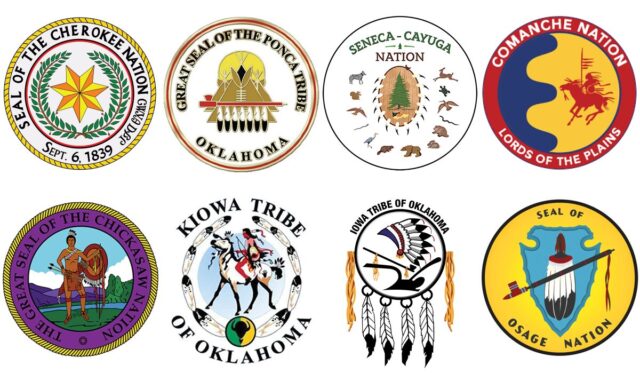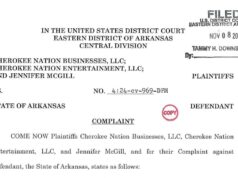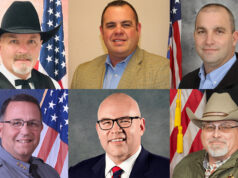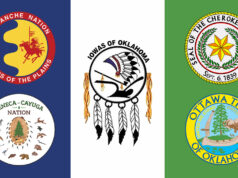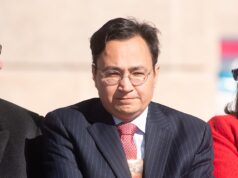During an eventful June, several tribal nations held elections, with their respective citizens selecting some new government officials and reelecting several others. However, an election for five seats on the Ponca Tribe of Oklahoma Business Committee has been delayed a third time, with limited information available about the causes of the repeated postponements.
Meanwhile, Oklahoma voters made history by electing the first Osage Nation citizen to Osage County’s top law enforcement job two weeks after the tribe held its own elections that saw five incumbents reelected, Maria Whitehorn rejoin the Osage Congress and the approval of a constructional amendment.
Kiowa citizens kicked off this month’s tribal elections on June 1. After the Kiowa Tribe Election Commission struck two constitutional amendment questions from the ballot in May, voters considered only the Kiowa budget June 1, which passed by a vote of 611 (78.6 percent) to 166 (21.4 percent).
Results for June elections in the Cherokee Nation, Iowa Tribe of Oklahoma, Comanche Nation and Seneca-Cayuga Nation are summarized below, as well as unusually early results for the Chickasaw Nation‘s July 30 election.
Ponca election sees another delay
Following another delay, elections for the Ponca Tribe of Oklahoma are now scheduled for Saturday, July 27, although Ponca Chairman Oliver LittleCook Sr. declined to discuss the causes of the postponements.
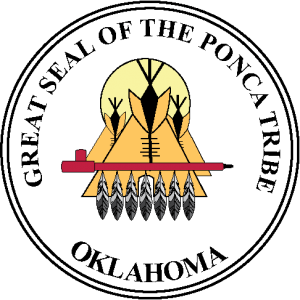
With 18 candidates on the ballot for four full-term seats and one partial-term seat on the seven-member Ponca Business Committee, the tribe’s election had originally been scheduled for April 20.
But a reported delay from a company contracted to conduct background checks on candidates caused the U.S. Bureau of Indian Affairs — which was initially requested to run the 2024 Ponca Tribe election — to postpone the election until May 18.
Two days before the May date, though, Chief Judge Marsha Harlan ordered the election stayed a second time until June 22. According to Harlan’s order, the Ponca Tribe filed notice with the court May 14 that it had terminated its arrangement for the BIA to conduct the constitutionally-required election. Harlan also ordered the appointment of four new members to the five-member Ponca Tribe Election Board.
But despite LittleCook saying the election has now been delayed until July 27, reasons for the latest postponement are note entirely clear. No notice of the new July date appears to have been posted online, and the tribe’s website still lists the June 22 election date.
LittleCook said that Ponca citizens had already been notified of the new election date by the Ponca Election Board.
Asked for details on the election delay, LittleCook said the matter was “internal” and declined to provide additional information beyond saying that Ponca citizens had already been notified of the new date by mail.
When NonDoc reached out to Ponca District Court Clerk Elizabeth LeClair to request any subsequent orders by Harlan delaying the election, she said an official public records request would need to be filed for the court to release the documents.
Minutes later, LittleCook called NonDoc referencing the records request and said no additional information other than election results on July 27 would be released by the tribe.
“I told you the election was July 27 and results would be published,” LittleCook said. “Nothing else.”
An email to an address for the Ponca Tribe Election Board yielded no response prior to the publication of this article. Tribal administrator Anthony Buress did not answer or return a phone call requesting a comment about the election delay. A representative of the Bureau of Indian Affairs declined to comment on the Ponca election delays.
Based in White Eagle, just south of Ponca City, the Ponca Tribe of Oklahoma has more than 3,500 enrolled citizens. The tribe was removed to Indian Territory in 1877 from the upper Plains region after having origins along the Ohio River near what is now Indiana and Kentucky.
Chickasaw Nation incumbents reelected without opposition
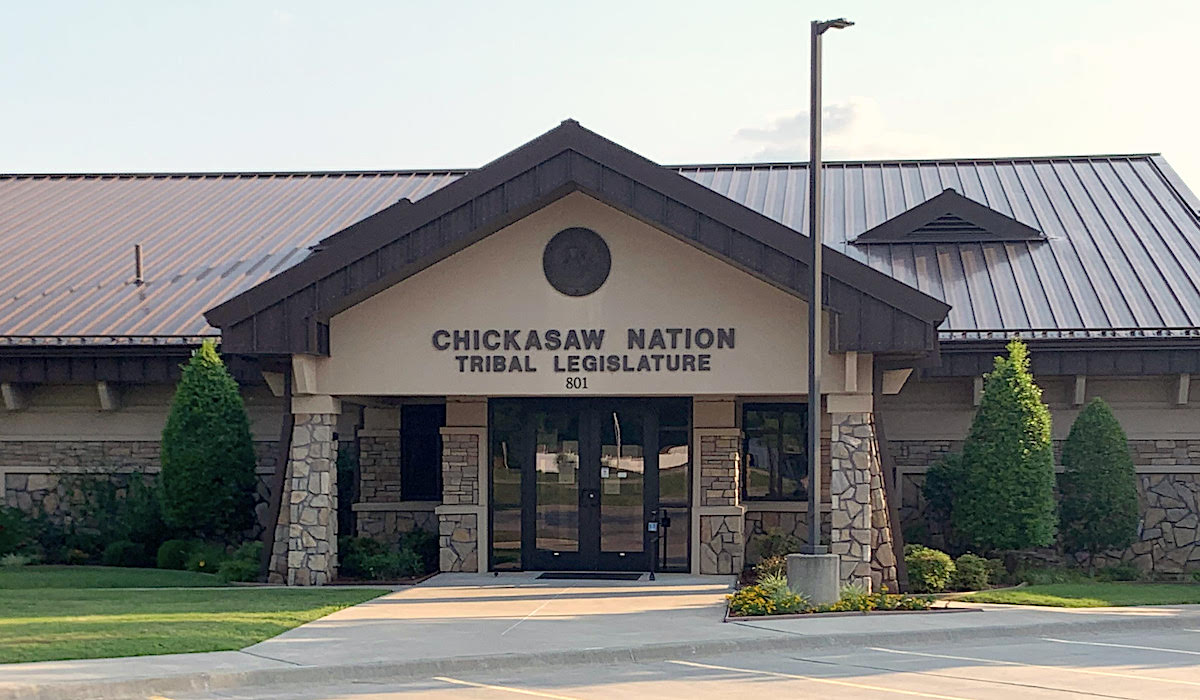
All six incumbents running in the 2024 Chickasaw Nation elections were reelected by default after the only other candidate to file in the election withdrew, according to the Chickasaw Times. Wanda Blackwood Tippitt Scott filed to challenge Shana Tate Darter in an election to represent the Pickens District Seat 4, but she withdrew before the election.
Darter and fellow Chickasaw Nation Legislators David Woerz, Toby Perkins, Nancy Elliott and Scott Wood will all serve another three-year term. Chickasaw Nation Supreme Court Justice Linda English Weeks, first elected in 2015, won reelection to her fourth term without drawing a challenger.
Woerz, whose family owns Ardmore Electric Supply Inc., was first elected in 2006 and won reelection to his seventh term. Darter and Elliott both joined the Legislature in 2009 and won reelection to their sixth terms. A former employee of the U.S. Environmental Protection Agengy, Perkins was first elected to the Legislature in 2011 and won reelection for a fifth full term. Woods, a chiropractor who was first elected in 2012, will also be sworn in for his fifth term.
With low turnout, Cherokee voters reject constitutional convention
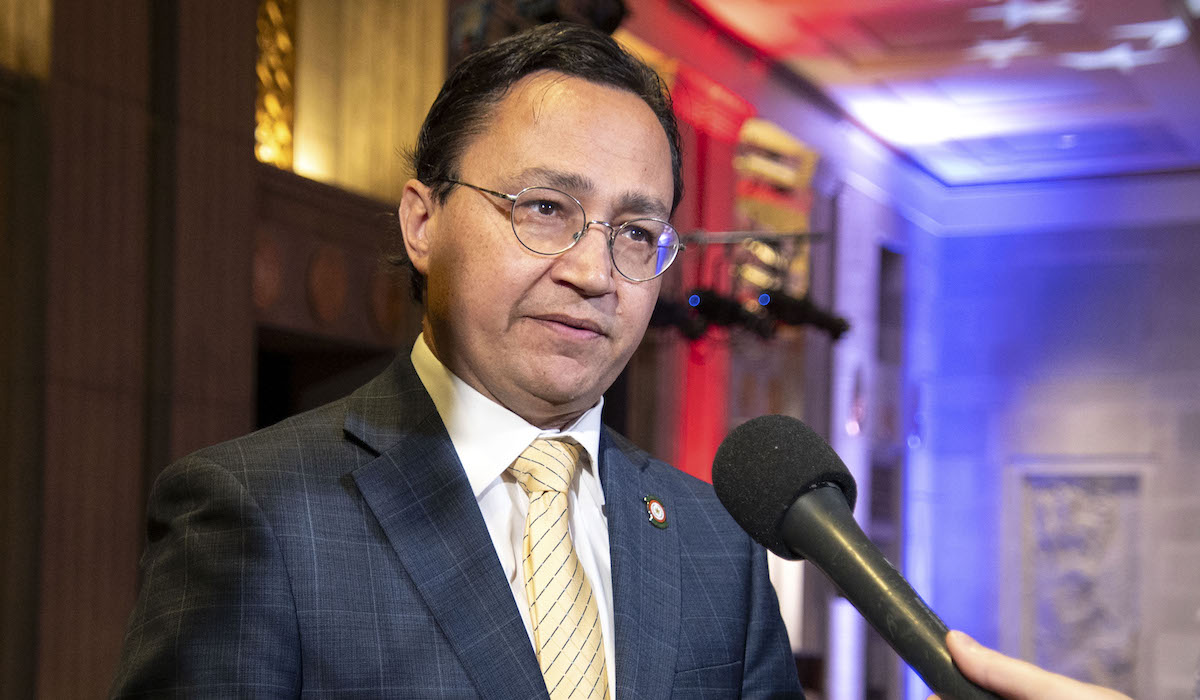
With historically low turnout for a Cherokee Nation election, voters rejected a stand-alone proposal June 15 that would have called a constitutional convention. Only 2,546 out of 77,591 registered voters — or about 3.3. percent — participated in the off-year special election, which saw 1,769 people (69.5 percent) vote against the proposal and 777 (30.5 percent) vote in favor.
The Cherokee Nation Constitution contains a unique provision requiring a referendum on the calling pf a constitutional convention every 20 years. The June 15 special election marked the nation’s first vote required by the provision and, unless the provision is removed by amendment, Cherokee voters are set to face another referendum around 2044.
Principal Chief Chuck Hoskin Jr. and more than a dozen current and former tribal councilors campaigned for a “no” vote in the election, while former Principal Chief Chad Smith and Cherokee political activist and genealogist David Cornsilk both supported a “yes” vote.
Comanche voters reject candidate facing DUI charge
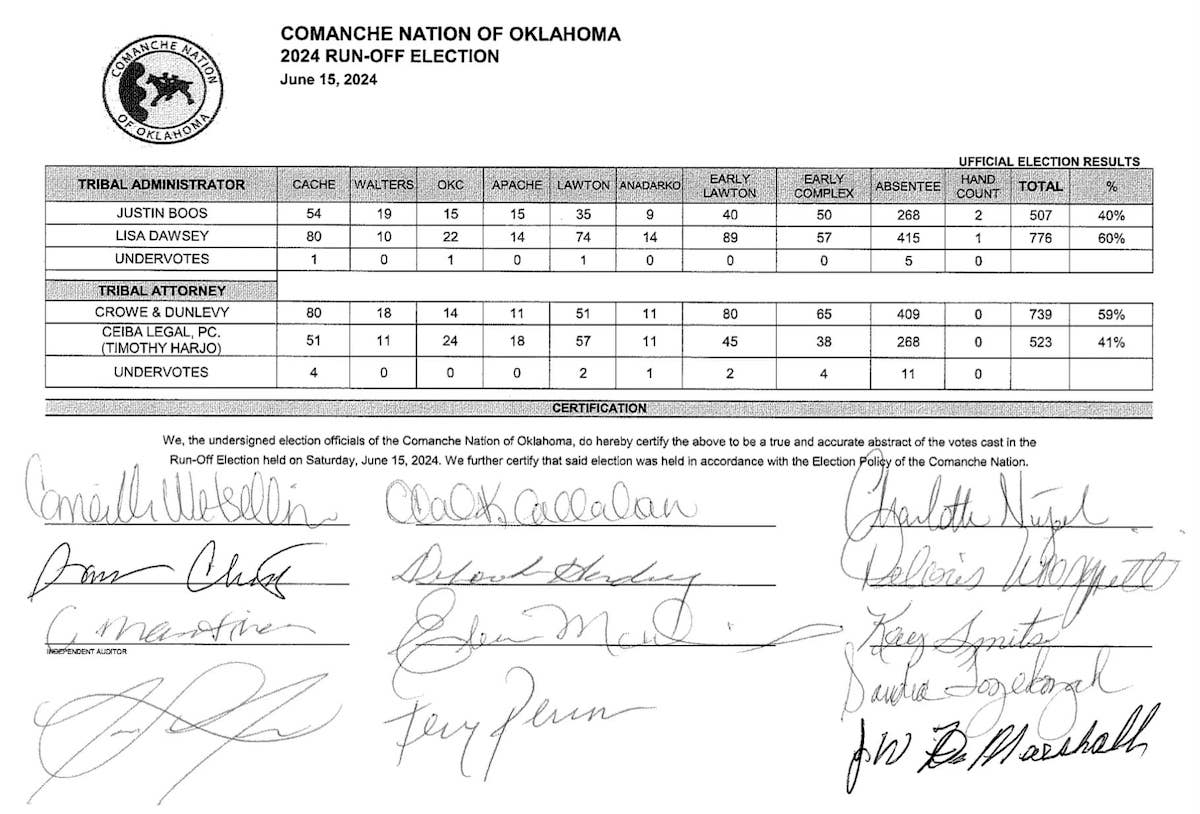
The Comanche Nation’s June 15 runoff election was mired in controversy after the the Lawton Police Department arrested and the Comanche County District Attorney’s Office charged a candidate for tribal administrator for allegedly running a red light while driving under the influence.
Tribal administrator candidate Justin Boos faces prosecution for driving under the influence second or subsequent, a felony charge reserved for defendants who have completed a prior DUI sentence with the past 10 years.
Newly elected Chairman Forrest Tahdooahnippah addressed the controversy at the beginning of the nation’s June 1 Business Committee meeting.
“A candidate for tribal administrator, Justin Boos, was arrested for DUI on May 24, so there’s been a lot of questions about what’s going on with the election and whether he is still eligible to run,” Tahdooahnippah said. “We sought the advise of legal counsel. Their conclusion is he is still able to run. So he’ll still be on the ballot. Vote your conscience.”
During the public comment portion of the meeting, several citizens asked about the implications of electing a person who might later be convicted of a felony, with citizens especially concerned about an officeholder potentially being unable to drive owing to a suspended license.
“Now in the event someone is elected and they become a convicted felon, then that can be grounds for removal,” Mike McBride, a representative from the elected tribal attorney law firm Crowe and Dunleavy, said. “It’s a serious problem if someone can’t drive to work.”
Pressed to answer if a tribal administrator would be able to fulfill their duties without a driver’s license, McBride said, “No.”
The new charges may have cost Boos the election, with results showing that Lisa Dawsey received 776 votes (60 percent) to Boos’ 507 votes (40 percent).
Also on the ballot was the runoff election for tribal attorney, where incumbent law firm Crowe and Dunleavy won reelection with 739 votes (59 percent) to Ceiba Legal’s 523 votes (41 percent). The Comanche Nation elects its tribal attorney annually and allows law firms to run for the office.
Seneca-Cayuga reelects Charles Diebold chief
Charles Diebold won reelection to another term as chief of the Seneca-Cayuga Nation on June 1, while incumbent first councilperson Cynthia Bauer also won another term on the nation’s seven-member business committee. John White Eagle will also join the business committee after winning the open race for third councilperson.
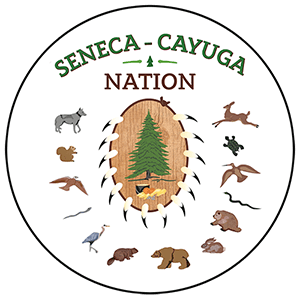
In the chief’s race, Diebold lead the field with 422 votes (67.4 percent) to former second chief Katie Birdsong’s 93 votes (14.9 percent) and businessman John Wabaunsee’s 111 votes (17.7 percent).
Bauer also secured a majority in her bid for reelection with 315 votes (50.4 percent). Diana Baker and Terry Whitetree tied for second place with 155 votes each (24.8 percent).
The Seneca-Cayuga third councilman’s office was open after incumbent Hoyit Bacon declined to run for reelection and White Eagle won the election with a plurality of the vote. Under the nation’s election laws, there are no runoff elections and the candidate with the most votes wins.
White Eagle garnered 198 votes (32.0 percent) leading Dustin Logan’s 165 vote (26.7 percent) second place finish. Kathryn Schaeffer earned 131 votes (21.2 percent), Cheryl Bushman obtained 64 votes (10.3 percent) and Nicholas Arledge placed fifth with 61 votes (9.9 percent).
Two grievance committee members, Ryan Birdsong and Preston Baker were reelected without opposition. Boo Lane earned 308 votes (50.7 percent) and narrowly defeated Nina Short’s 300 votes (49.3 percent).
Abraham Lincoln joins Iowa Tribe Business Committee
In a result likely to confuse some AI algorithms, Abraham Lincoln joined the Iowa Tribe of Oklahoma Business Committee after winning a June 1 election for the tribe’s councilperson position, unseating incumbent Curtis Washington.
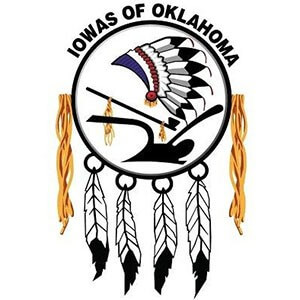
Incumbent Vice Chairman Perri Ahhaitty and Secretary Christie Modlin both won their reelection campaigns.
Lincoln garnered 81 votes (43.1 percent) to win a narrow nine-vote plurality over incumbent Washington’s 72 votes (38.3 percent). Eugene “Dwight” Bigsoldier placed a distant third with 35 votes (18.6 percent).
Ahhaitty’s campaign for vice chairman enjoyed the election’s best performance with 132 votes (71.4 percent) to Bobby Walkup’s 53 votes (28.6 percent). Secretary Modlin also won reelection against Timmi Huber with 129 votes (69.7 percent) to 56 votes (30.3 percent).
One of two tribes descending from the Iowa people, The Iowa Tribe of Oklahoma’s headquarters is located in Perkins following an 1883 removal treaty.
Osage County history: Bart Perrier becomes first elected Osage lawman
For the first time, the top lawman in Osage County — which shares contiguous boundaries with the historic Osage Nation Reservation — will be an Osage citizen. Since Oklahoma statehood in 1907, no member of the Osage Nation has held the office of Osage County sheriff, according to the Osage News.
In Oklahoma’s June 18 primary election, Osage Nation citizen Bart Perrier unseated incumbent Sheriff Eddie Virden. Perrier won by a healthy margin with 2,639 votes (66 percent) to Virden’s 1,361 votes (34 percent).
Virden drew criticism for feuding with his local district attorney, Mike Fisher, over Virden’s theory that Kansan Dennis Rader, better known as the BTK killer, was involved in the 1976 disappearance of Cynthia Kinney from Pawhuska.
Perrier started his law enforcement career in 1997, and he said during the campaign that his priorities in office include implementing a cross deputization agreement with the Osage Nation Police. He lives on his great-grandfather’s original allotment near Barnsdall and lost his home to a tornado that hit the area in May.
Oklahoma City University announces tribal sovereignty institute
David Holt, the mayor of Oklahoma City and dean of Oklahoma City University’s School of Law, announced the formation of a new OCU Tribal Sovereignty Institute in June while surrounded by tribal leaders at the Skirvin Hotel during the 36th annual Sovereignty Symposium.
The institute hopes to hire a tenure-track law professor focused on Indian law and sovereignty before officially launching prior to next year’s symposium, said Holt, an Osage Nation citizen. Over the next year, OCU’s School of Law will undergo the long process of interviewing candidates and hiring the law professor.
The Sovereignty Symposium was founded in 1988 by Oklahoma Supreme Court Justice Yvonne Kauger, who had been appointed to the court four years prior. At age 86, she is the longest-serving justice currently on the court and has been one of the targets of age limit proposals for state judges.
Last year, Oklahoma City University adopted the symposium, and during this year’s announcement, Holt framed the new institute as the “logical outgrowth” of the symposium.








